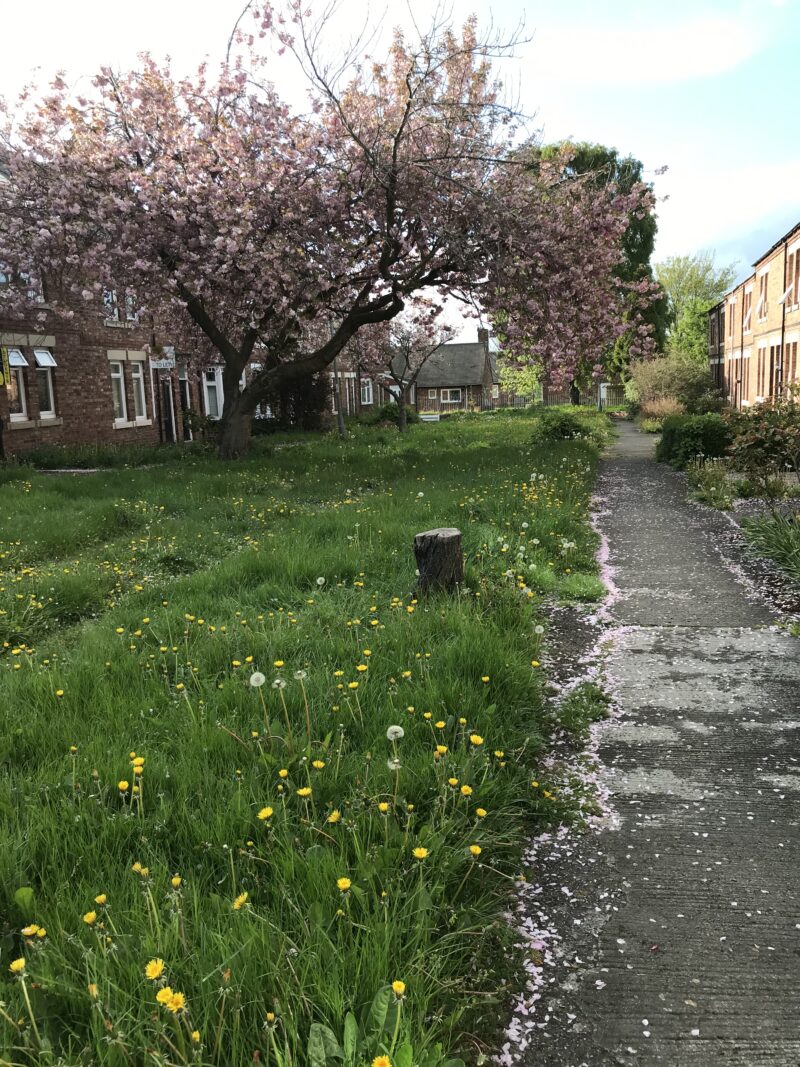In Mission Studies, we recently had a session on contextualisation – the idea that when we do evangelism, we need to present the gospel in a way that highlights its relevance by addressing the questions that people in a particular context or culture are asking whilst also challenging some of the culture’s assumptions. This means that having a neat abstract gospel outline might not be enough to challenge people to think about who Jesus is, but that we also need to know their culture and context.
Based on my experience of living in different countries and cultures, the best way to learn about a culture is not to study it in a detached academic style but to also immerse myself in it. However, culture is not limited to countries or nations, but also exists on a micro-level. Even just among Durham students – and this is ignoring the student-resident divide in Durham – we can probably find a number of different sub-cultures based on people’s backgrounds, worldviews, or interests, including (perhaps more than one) Christian culture.
I have recently been thinking that some – by no means all – of us, myself included, are not very good at stepping out of this Christian culture, which can easily become a bubble. This has been particularly true for me this year working for a church at a time where social contacts in general have been significantly reduced. However, even as a student, I often found it more comfortable to stay in my Christian bubble and reduce interactions with people outside that bubble to a nice and polite surface level without immersing myself in their contexts or investing time to really listen to their stories. I sometimes only understand other people’s lives very superficially or am quite detached from their realities which means that I wouldn’t even know how the gospel can speak into their situations.
Stepping out of that bubble and entering other people’s contexts might be uncomfortable and can raise a number of questions or present us with practical challenges – but is being comfortable what our lives are about? Ultimately, the Jesus we claim to serve and follow was also willing to leave his glory and comfort with the Father behind and enter into our world to serve and save us.
Photo by Marc Sendra Martorell on Unsplash









